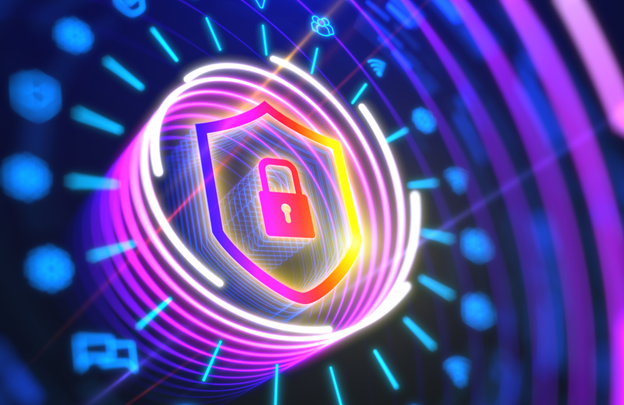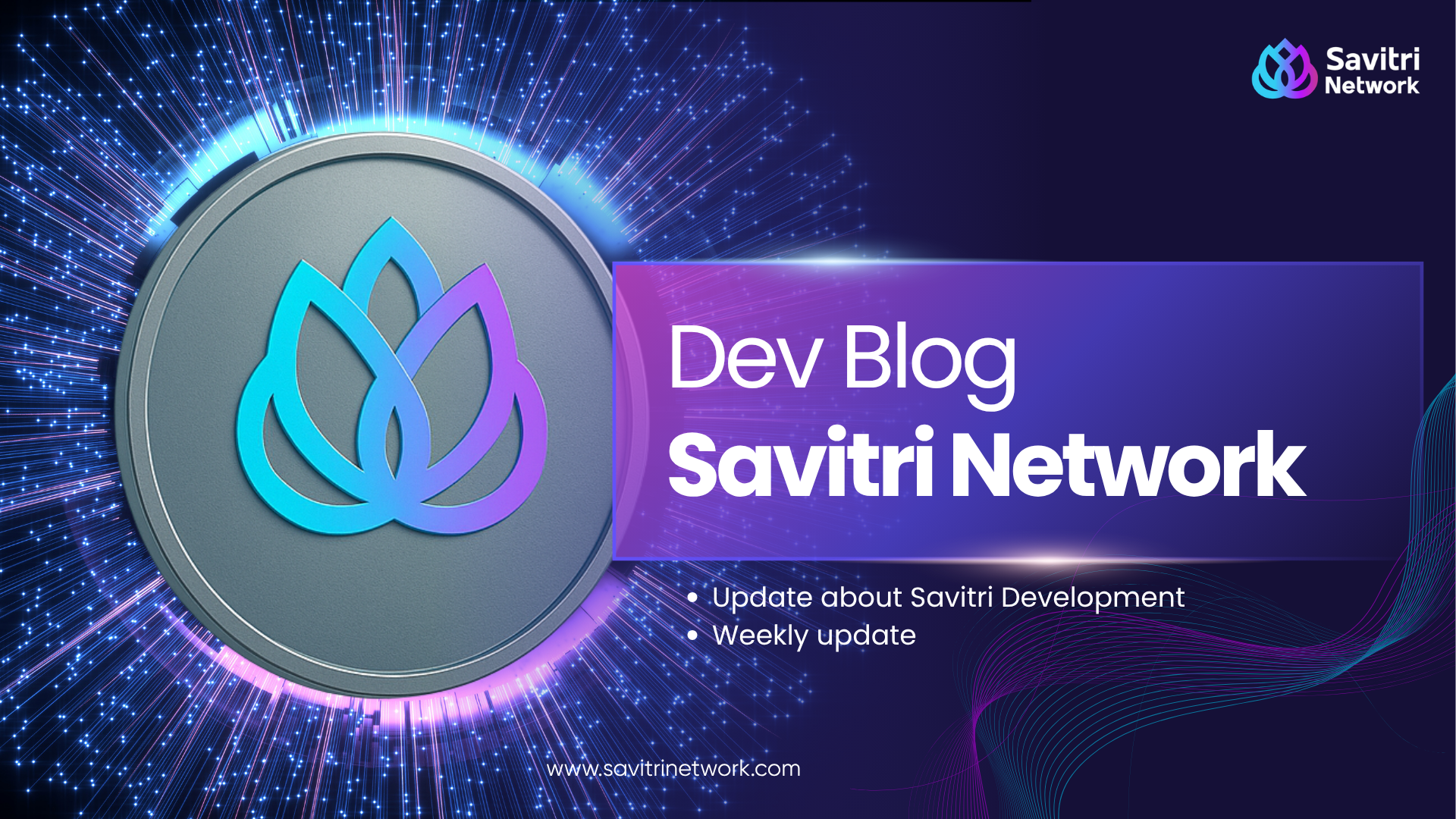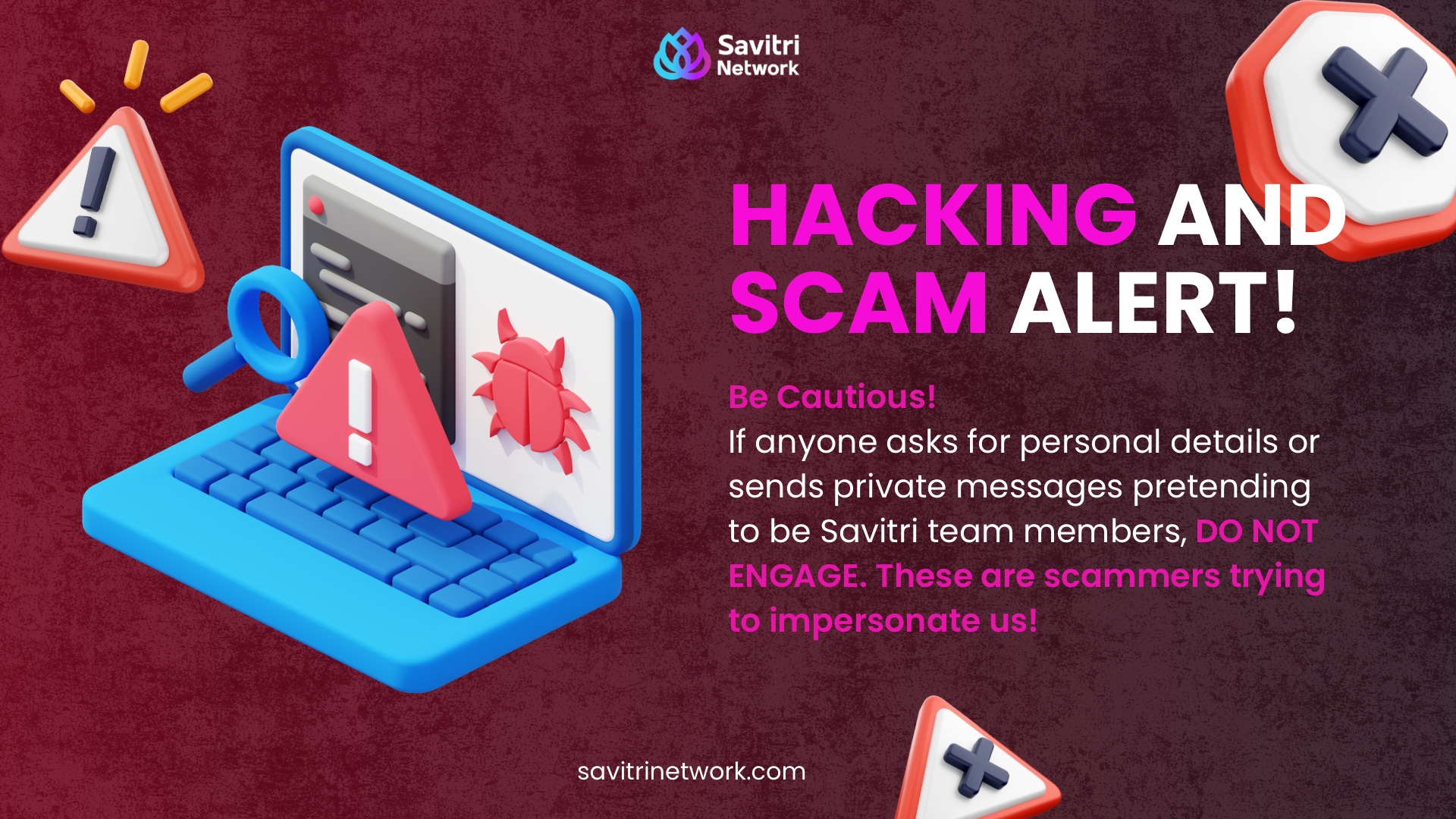Ensuring Network Integrity: The Crucial Role of Validators in Savitri DevNet and TestNet

Introduction
In the rapidly evolving world of digital transactions, blockchain technology stands out as a cornerstone of network integrity and security. At the heart of this revolution are networks like Savitri DevNet and TestNet, which are meticulously designed to support robust, transparent, and efficient blockchain operations. Central to these networks are Validators, specialized components that ensure each transaction not only meets the highest standards of security but also integrates seamlessly into the blockchain’s continuing ledger. This article delves into the essential roles Validators play, their operational requirements, and their overarching impact on network architecture.
Main Functionality of a Validator
Transaction Processing
Validators are the gatekeepers of blockchain transactions. They scrutinize each transaction to ensure it complies with the network’s predefined protocols and rules. This process involves extensive checks to validate the authenticity of transaction data, confirming that each transaction is both legitimate and aligned with the network’s criteria. This rigorous validation process is crucial for maintaining the network’s integrity and trustworthiness.

Block Creation
Once a transaction passes all checks, it doesn’t immediately enter the blockchain ledger. Instead, it is grouped with other validated transactions into a new block. Validators play a pivotal role here, not just in verifying individual transactions but in compiling them into blocks. This includes calculating, through complex algorithms, the precise layout of transactions within a block to optimize both storage and retrieval. The accuracy and efficiency of block creation are vital, as they ensure the blockchain’s scalability and responsiveness.
Communication
Post-validation, the final step in the transaction process involves communication back to the transaction initiators. Validators send confirmations that transactions have been successfully recorded on the blockchain. This feedback is crucial as it completes the transaction cycle, providing a closure and security assurance to the participants involved.
System Requirements for Optimal Operation
Hardware Requirements
To manage such intensive tasks, Validators require robust hardware. A minimum setup of four virtual machines (VMs) is necessary, each equipped to handle part of the validation and block creation processes. These VMs must be capable of running high-demand operations continuously without faltering, ensuring network stability and reliability.
Software Requirements
The software environment for Validators is just as critical. Required are specific versions or newer of MongoDB 6.0 and Redis 6.2, which provide the necessary database management and in-memory data structure store capabilities, respectively. These versions ensure compatibility with the latest security features and network demands.
Rust Libraries
Further, Validators rely on a series of Rust libraries, details of which are encapsulated in a provided `requirements.txt` file. These libraries are essential for executing the algorithms needed for transaction validation and block creation, highlighting the need for up-to-date Rust programming support.
Network Structure and Validator Role
Logic Diagram Explanation
A logic diagram is pivotal in illustrating how Validators interact with other network components. It visually represents the flow of data and control across the network, clarifying the Validator’s role in maintaining network efficiency and security.

Network Operation Dynamics
Validators are not standalone entities but integral parts of a larger network architecture. They interact dynamically with other network nodes to ensure a coherent and secure blockchain. Their role in processing transactions and creating blocks is fundamental to the network’s ability to function under varying loads and potential security threats.
Conclusion
Validators are indispensable to the integrity and functionality of the Savitri DevNet and TestNet. They ensure that every transaction adheres to the highest standards of security and efficiency, maintaining the trust and reliability essential to modern blockchain networks. As technology progresses, the role of Validators will likely evolve, but their core responsibilities in network integrity and operational efficiency will remain paramount.
Engage with Us
Stay connected with the Savitri Network through our social media channels and website. Engage with us, share your thoughts, and be part of a community that’s set to redefine the future of technology.
Twitter: #BlockchainForBetter #DigitalEquality
Instagram: #InnovateWithSavitri #FutureTech
LinkedIn: Savitri Foundation Updates
Your support and engagement are vital as we embark on this path of technological revolution and societal enhancement. Together, we can achieve a digital revolution that truly empowers and transforms!


